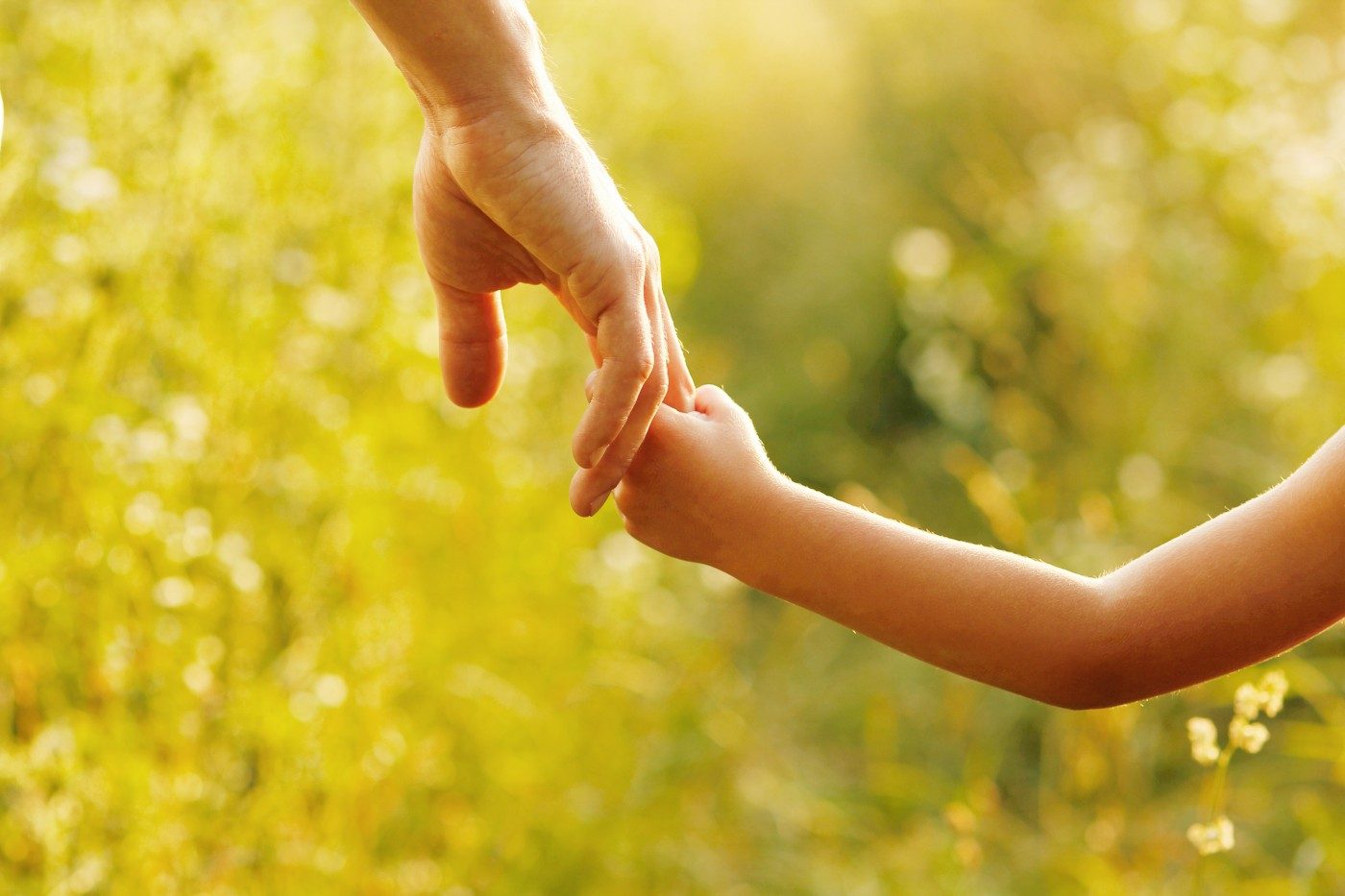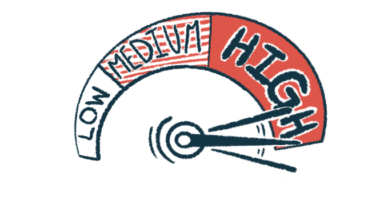Navigating ALS with Children in Tow

My heart ached for my kids after my husband, Todd, was diagnosed with amyotrophic lateral sclerosis (ALS). Isaac was 9 months old and Sara was 4. How would ALS affect them? I had no idea how to help them navigate our future.
A year after Todd was diagnosed, I read “Suffer the Children” by psychologist Marilyn Wedge. The book contains case studies of kids facing difficult situations and explains how Wedge treated families.
One study involved a child with a sick parent. I hoped it would provide me with insight specific to our situation, but my heart sank when Wedge encouraged the parents to tell the child the sick parent would get better. That’s not something Todd and I can do. I can promise our kids they will be taken care of, but I can’t give them false hope. Daddy will not be getting better.
I emailed Wedge, sharing our situation. She was kind enough to respond and encouraged me not to look too far ahead in my conversations with our children. We don’t want them to worry over something they can’t do anything about. We want to be honest, but we don’t need to tell them everything. “The way you handle the situation will be an important influence on how your children feel about it,” Wedge wrote. “You need to do whatever it takes to give you strength and spiritual nourishment.”
Her words confirmed something I had known for a while. A month after Todd’s diagnosis, I wrote in my journal:
“We can’t control this disease, but we can control our response to it. Todd has chosen joy instead of anger and bitterness, and that makes it easier for me. If I am stressed, melting down and falling apart, that will be the reaction my kids see, and they will follow my lead. We need to grieve, but we also need to be thankful for today’s joys. I am thankful that today we went for a bike ride as a family. Tomorrow we will find different joys for which to be thankful. I tell myself, ‘If you can’t choose joy for yourself, then do it so Todd’s remaining days and years won’t be miserable. Do it so your kids can see how to live well, so they will grow up with a happy childhood.’”
When our kids were little, we said, “Daddy has a disease called ALS that makes his muscles weak. The doctors don’t have medicine to make him better. Daddy will continue to get weaker.”
When they got older, we gave them more information: “ALS eventually affects the breathing muscles. People die when they get too weak, but Daddy’s still OK. You don’t need to worry about that now, because we’ll let you know when his breathing gets weak. Some people with ALS die after only a year or two. Some people live for a long time, like 10 or 15 years.”
Year after year, we were able to say, “Daddy’s breathing is still OK.” But this summer we had to break the news: The numbers are not looking good.
It was a sad and difficult conversation.
Todd hasn’t been able to do all the things he would have liked to, but he does what he can. We no longer bike and hike. Instead, we attend hockey games and have movie nights. Instead of visiting national parks or Florida beaches, we’ve gone on spring break vacations a day’s drive from home. Todd can’t teach Isaac how to swing a golf club or throw a ball, but he coached him through changing the oil on his dirt bike. Todd supports Sara’s interest in music, dance, and theater. He encourages her, and they share YouTube videos on music and theater performances.
I hope we’re doing OK and that Sara and Isaac will have bright futures.
***
Note: ALS News Today is strictly a news and information website about the disease. It does not provide medical advice, diagnosis, or treatment. This content is not intended to be a substitute for professional medical advice, diagnosis, or treatment. Always seek the advice of your physician or other qualified health provider with any questions you may have regarding a medical condition. Never disregard professional medical advice or delay in seeking it because of something you have read on this website. The opinions expressed in this column are not those of ALS News Today or its parent company, BioNews Services, and are intended to spark discussion about issues pertaining to ALS.







Comments
Tom
Thank you for sharing, it is helpful.
fran lancaster
Oh my heart goes out to you Kristin. Thank you for sharing this. My husband died a year ago after 6 years of our ALS journey. Luckily we did not have little children but the difficulties are still the same. I never knew what to pray for - time to slow down to have more time with him, or for time to speed up so that he was out of his torturous life. It is all a precarious balancing act and takes enormous strength and courage. I pray for Peace for you and your family.
Sergio
I fully feel your situation. I am 38, I got a diagnosis of ALS in the spring of 2018. Two daughters: 7 and 11 ... my heart breaks apart when I see how it is difficult for my daughters and my wife to watch me lose my abilities ...
Sandy Quinn
This.